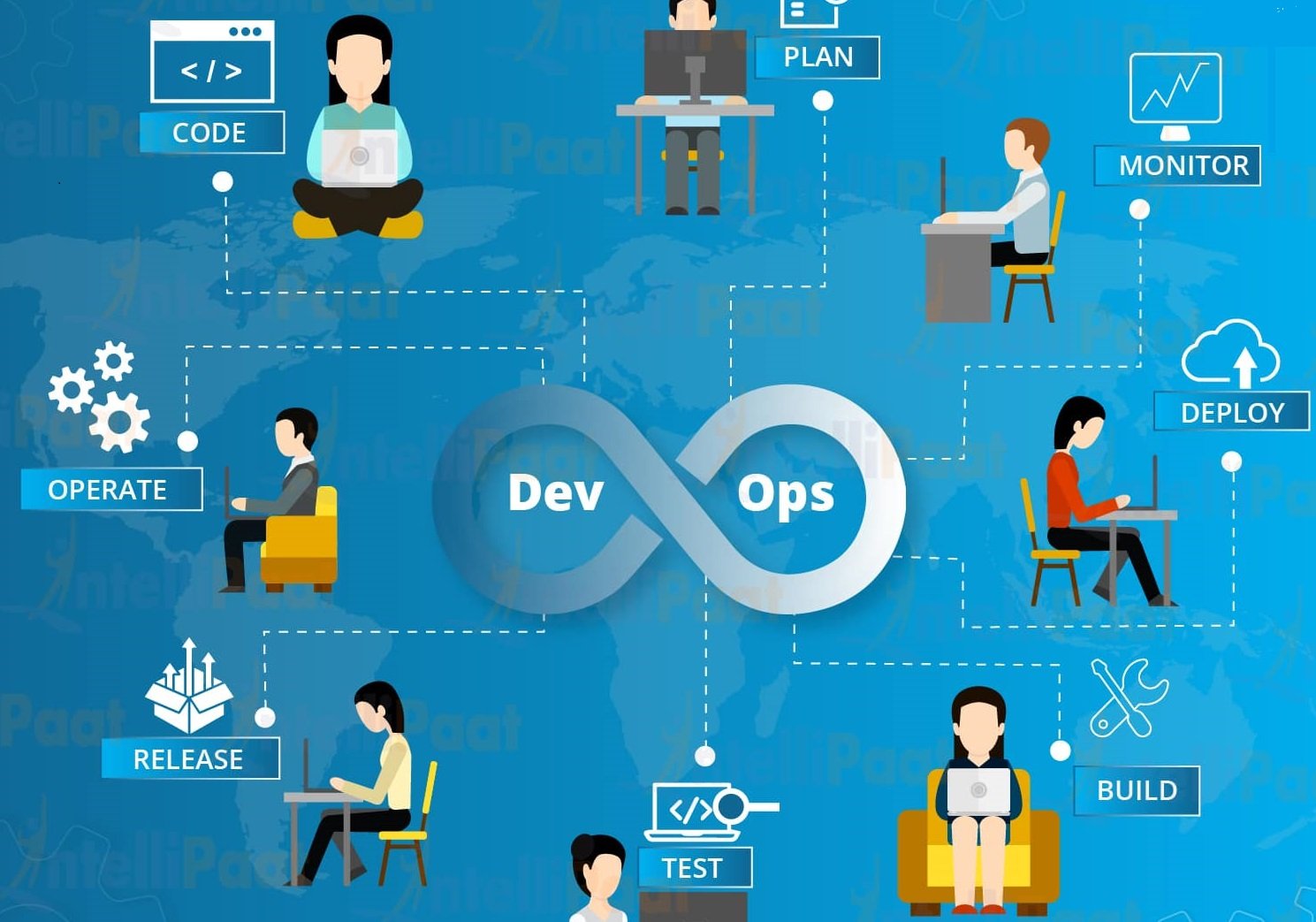In today’s fast-paced technological landscape, DevOps services have emerged as a critical driver of efficiency, collaboration, and innovation in the realm of software development and operations. This article will delve into the world of DevOps, services exploring its core principles, the benefits it offers, and the key elements of a successful DevOps strategy.
What is DevOps?
DevOps, a portmanteau of “Development” and “Operations,” is a set of practices and cultural philosophies that aim to automate and integrate the processes of software development and IT operations. At its core, DevOps focuses on breaking down the traditional silos between development and operations teams, fostering a collaborative and continuous approach to software delivery.
Core Principles of DevOps
Automation:
Automation is a cornerstone of DevOps. It involves automating repetitive tasks, such as code deployment and testing, to streamline processes, reduce errors, and accelerate development cycles.
Collaboration:
promotes cross-functional collaboration, with developers and operations teams working together throughout the software development lifecycle. This collaboration fosters better communication, problem-solving, and shared responsibility.
Continuous Integration and Continuous Delivery (CI/CD):
CI/CD practices ensure that code changes are regularly and automatically built, tested, and deployed to production. This minimizes the time between writing code and delivering it to end-users.
Monitoring and Feedback:
Continuous monitoring and feedback loops help identify and address issues promptly. This enables teams to make data-driven decisions and improve software quality.
The Benefits of DevOps Services
Implementing DevOps services can provide a wide range of advantages for organizations, including:
aster Time to Market:
DevOps accelerates software delivery, reducing time-to-market for new features and updates. This agility can be a competitive advantage in today’s fast-moving business environment.
Improved Quality:
Automation and rigorous testing processes in DevOps result in higher software quality, fewer bugs, and a more robust end product.
Enhanced Collaboration:
DevOps encourages collaboration between development and operations teams, fostering a culture of teamwork and shared goals.
Cost Efficiency:
automating repetitive tasks, organizations can reduce operational costs while maintaining or improving software quality.
Risk Mitigation:
Continuous monitoring and feedback help identify issues early in the development process, reducing the likelihood of major problems during deployment.
Scalability:
DevOps practices enable organizations to scale their software infrastructure and services to meet growing demands efficiently.
Key Elements of a Successful DevOps Strategy
Culture:
DevOps begins with a cultural shift, emphasizing communication, collaboration, and shared responsibility. This cultural change is essential for the successful implementation of DevOps practices.
Automation:
Automation tools and scripts are central to DevOps, as they eliminate manual tasks and reduce the risk of human error.
Toolchain:
Building a well-defined toolchain is crucial. This toolchain includes integrated tools for version control, continuous integration, continuous delivery, and monitoring.
Continuous Testing:
Rigorous testing is a key element of DevOps. Automated testing ensures that code changes are thoroughly validated before deployment.
Monitoring and Feedback:
Continuous monitoring of applications in production provides feedback on their performance, allowing for quick identification and resolution of issues.
Security:
DevOps should incorporate security from the beginning of the development process. Security checks and practices should be automated and integrated into the CI/CD pipeline.
In Conclusion
DevOps services have become a pivotal force in modern software development, revolutionizing the way organizations deliver and maintain software.
By embracing DevOps principles and practices, businesses can gain a competitive edge, increase efficiency, and deliver higher-quality software to their customers.
This cultural and technological shift has the potential to transform how we approach software development and operations in the years to come. Embrace DevOps, and watch your organization thrive in the digital age.



